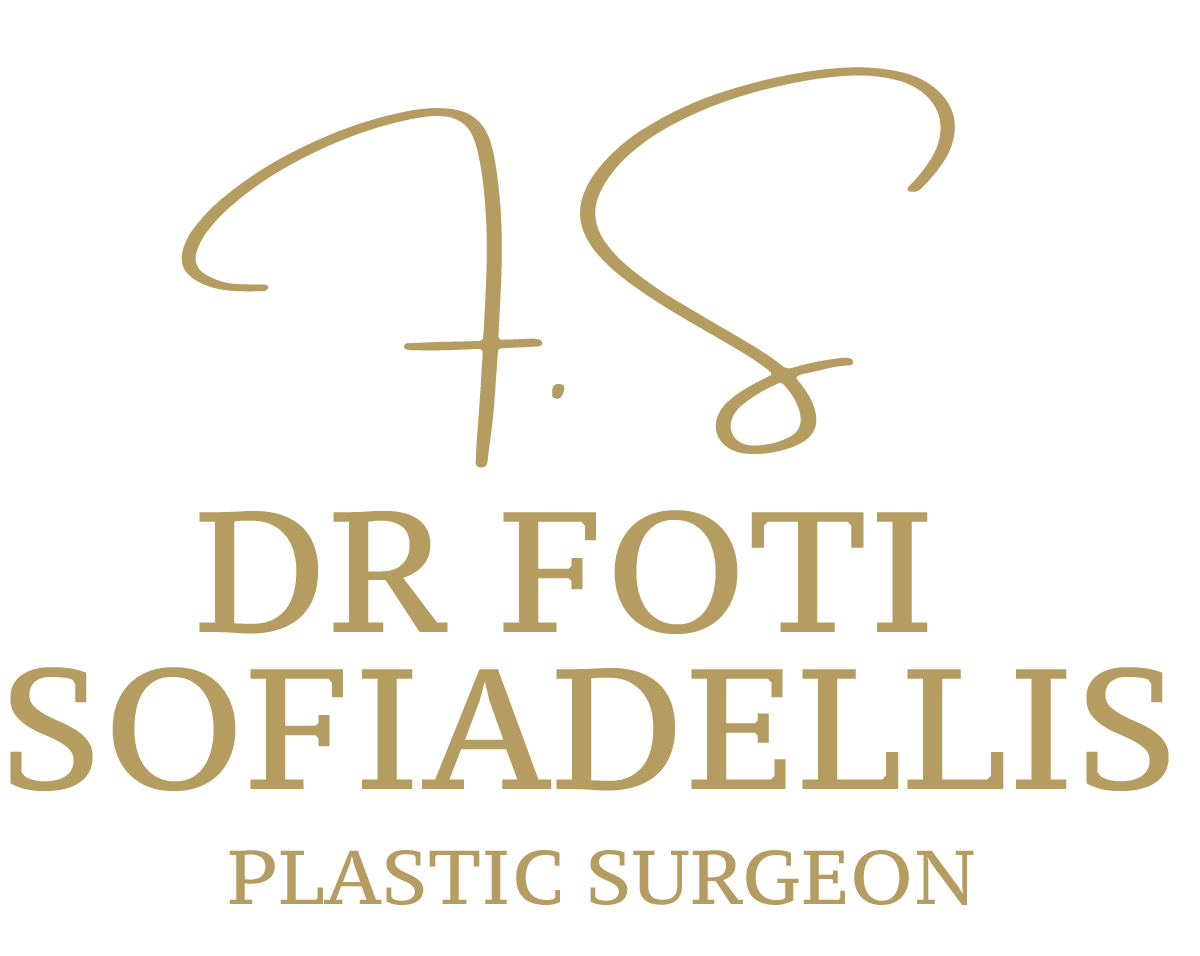Hand surgery encompasses a broad range of procedures aimed at restoring function and appearance to the hands and wrists. These surgeries can address a variety of conditions, from injuries and congenital deformities to diseases affecting the hand’s structures. The ultimate goals are to improve patients’ quality of life by enhancing their ability to perform daily activities, relieving pain, and improving the aesthetic appearance of the hand. Here’s a comprehensive overview of the considerations, types of hand surgery, and what patients can expect.
Conditions Addressed by Hand Surgery
- Traumatic Injuries: Including fractures, dislocations, and tendon injuries, often resulting from accidents or sports injuries.
- Carpal Tunnel Syndrome: A condition caused by pressure on the median nerve within the wrist, leading to pain, numbness, and weakness.
- Trigger Finger: Characterized by stiffness and a locking sensation in the finger, making it difficult to straighten.
- Dupuytren’s Contracture: A disorder causing the fingers to bend towards the palm and cannot be fully straightened.
- Arthritis: Both osteoarthritis and rheumatoid arthritis can cause pain and deformity in the hands.
- Congenital Defects: Some individuals are born with abnormalities in the hand structure that require surgical correction.
Types of Hand Surgery
- Tendon Repair: Necessary for injuries where tendons are severed or damaged, affecting hand movement.
- Nerve Repairs: Aimed at restoring sensation and muscle function in the hand after nerve damage.
- Fracture Repair: Involves realigning and stabilizing broken bones in the hand and fingers.
- Reconstructive Surgery: Addresses severe injuries or deformities, potentially involving skin grafts, flap surgery, or reattachment of severed parts.
- Joint Replacement: Also known as arthroplasty, this can relieve arthritis pain and restore hand function by replacing affected joints with artificial ones.
- Carpal Tunnel Release: A procedure to relieve pressure on the median nerve, alleviating symptoms of carpal tunnel syndrome.
What to Expect: The Surgical Journey
Consultation and Evaluation
The first step is a thorough consultation with a hand surgeon, who will evaluate your condition, discuss your goals, and recommend a treatment plan. This may involve diagnostic tests such as X-rays, MRI, or nerve conduction studies.
The Procedure
Hand surgery can be performed under local, regional, or general anesthesia, depending on the complexity of the procedure. Some surgeries are outpatient, meaning you can go home the same day, while others may require a short hospital stay.
Recovery and Rehabilitation
Recovery times vary widely based on the type and extent of the surgery. Post-operative care is crucial and may include pain management, wound care, and physical therapy. Rehabilitation plays a key role in regaining strength, flexibility, and function in the hand.
Outcomes and Expectations
While hand surgery can significantly improve functionality and appearance, outcomes depend on the severity of the initial condition, the specific procedure performed, and the patient’s adherence to post-operative care and rehabilitation. It’s essential to have realistic expectations and closely follow your surgeon’s guidance throughout the recovery process.
Conclusion
Hand surgery offers hope and functional restoration for individuals facing debilitating hand conditions. Collaborating closely with a skilled hand surgeon and a rehabilitation team ensures the best possible outcomes, enhancing both the function and quality of life for those affected.




